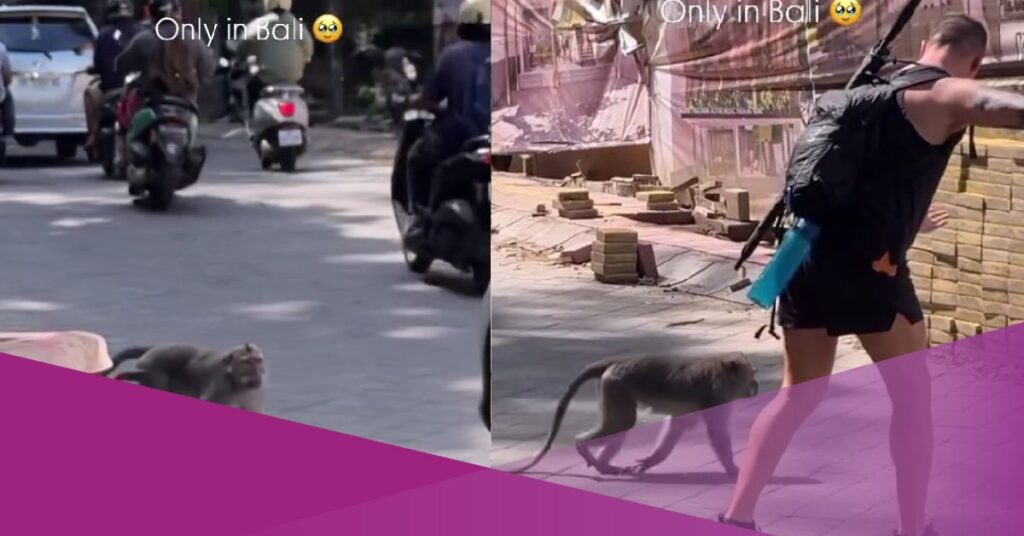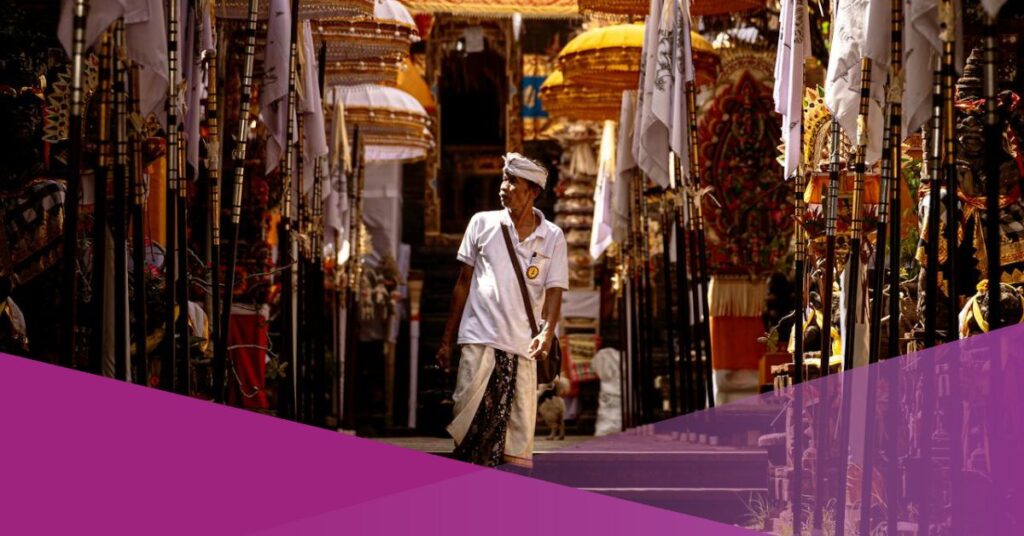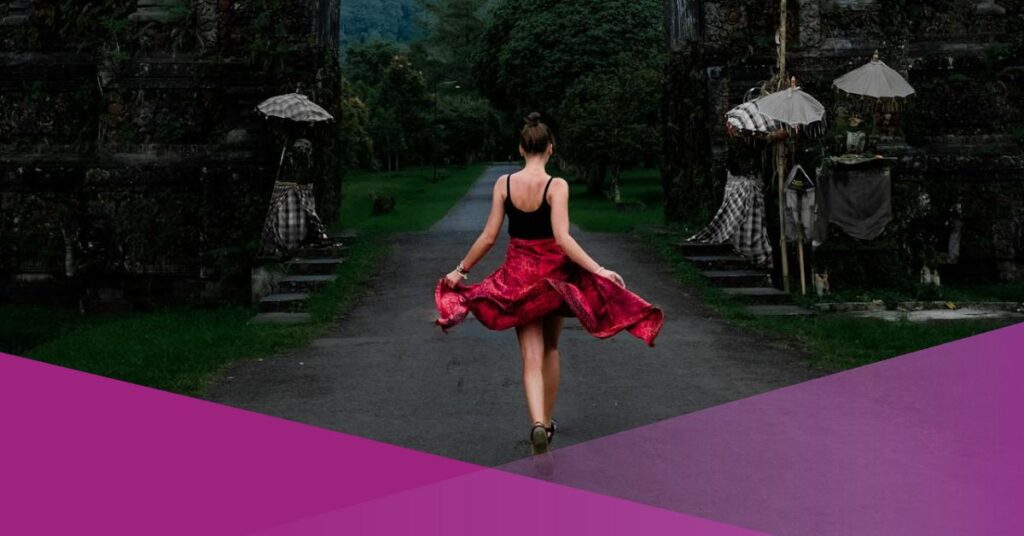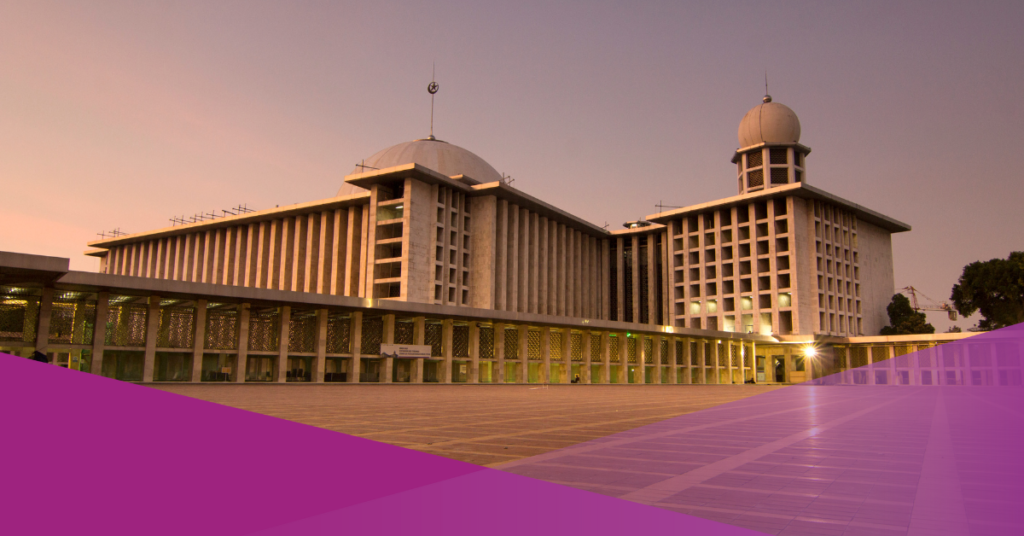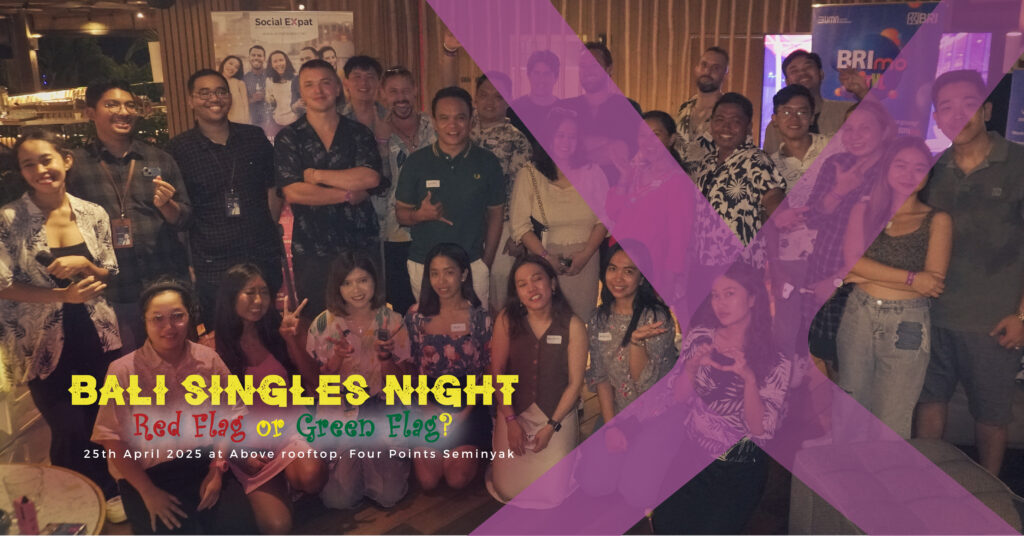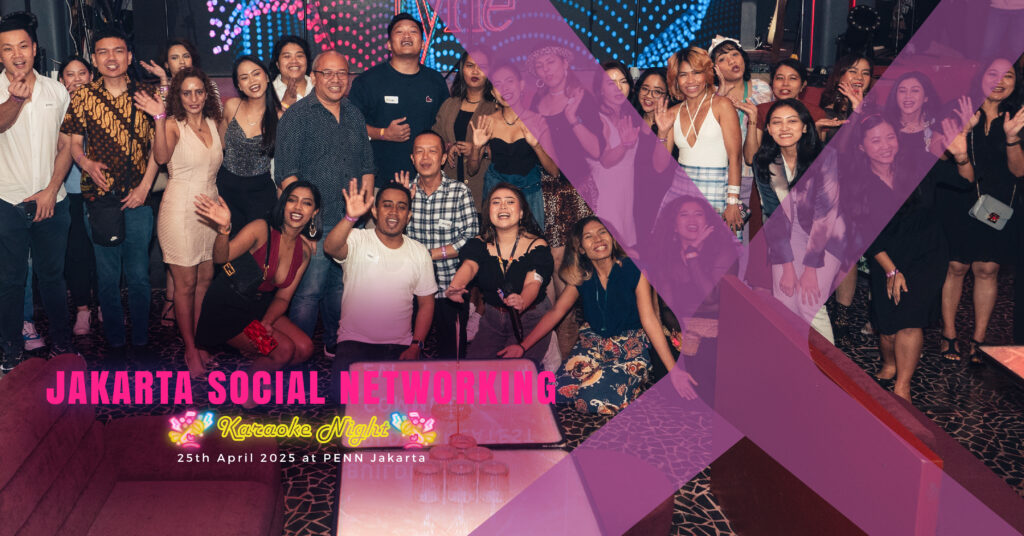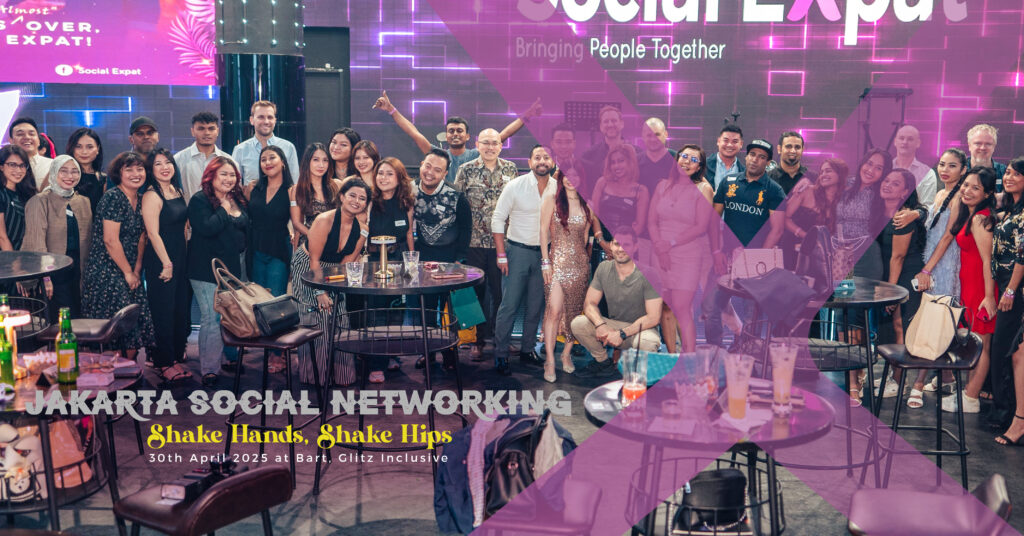Indonesian cultural festivals are where traditions come alive, colours dance, and communities unite in celebration. As February unfolds in Indonesia, a tapestry of diverse cultures, rich histories, and lively spirits converge to create an enchanting array of must-see cultural festivals. From Galungan Day Hindu festivals in Bali to the unique Chinese festivals, Cap Go Meh in Singkawang, Indonesia, becomes a stage for an immersive journey into its cultural heritage.
In February 2024, Indonesia beckons travellers and enthusiasts alike to immerse themselves in a kaleidoscope of festivities that showcase the nation’s deep-rooted traditions and dynamic cultural tapestry. Join us as we embark on a journey to explore some of the most captivating cultural festivals that grace the Indonesian archipelago this month.
About Cultural Indonesian Festivals
Cultural festivals in Indonesia are a reflection of the nation’s rich tapestry of traditions, histories, and ethnicities. Spanning across Indonesia diverse regions, these festivals serve as colourful showcases of Indonesia’s cultural heritage, uniting communities and visitors in joyous celebration. Traditional festivals in Indonesia offer a kaleidoscope of culture and tradition experiences. Each festival is infused with its unique rituals, music, dance, cuisine, and arts, providing an immersive insight into the nation’s deep-rooted customs and beliefs.
Whether it’s the enchanting melodies of gamelan orchestras or the intricate craftsmanship of batik textiles, these best festivals in Indonesia serve as dynamic platforms for preserving and promoting Indonesia’s cultural identity while fostering a sense of community and pride among its people.
Pasola Festival, Sumba ( February or March )
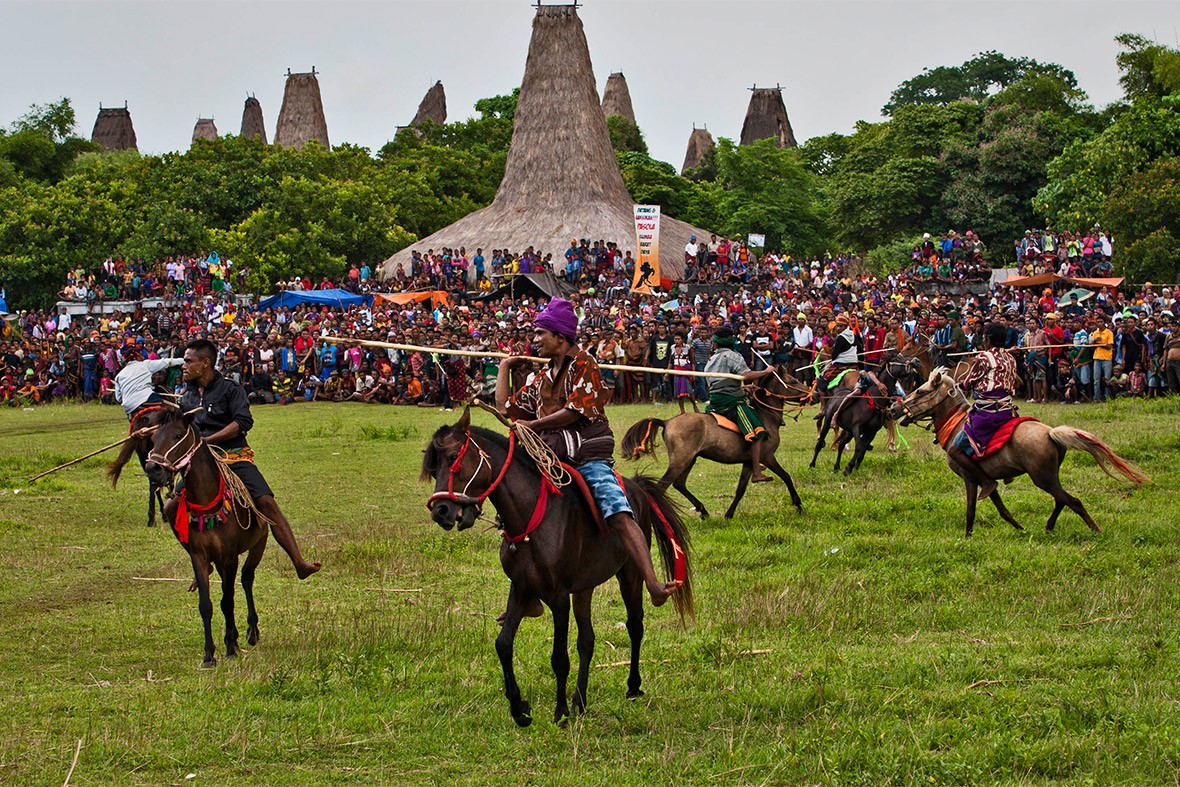
The Pasola Festival in Sumba, Indonesia, is a celebration deeply rooted in the island’s cultural heritage and spiritual traditions. The Festival is held annually in February and March, Pasola is a ritualistic horseback jousting competition that symbolizes the harvest season and marks the onset of planting. Participants, adorned in colourful traditional attire, engage in mock battles while riding decorated horses, hurling wooden spears at each other with remarkable skill and precision.
The festival is a spectacle of bravery, skill, and cultural pride, with each spirited clash reflecting the islanders’ connection to their ancestral customs and beliefs. Beyond its exhilarating displays of horsemanship and camaraderie, Pasola serves as a poignant reminder of Sumba’s rich cultural tapestry and its enduring commitment to honouring age-old traditions in the modern age.
Galungan Festival, Bali ( February 28 – March 9 )
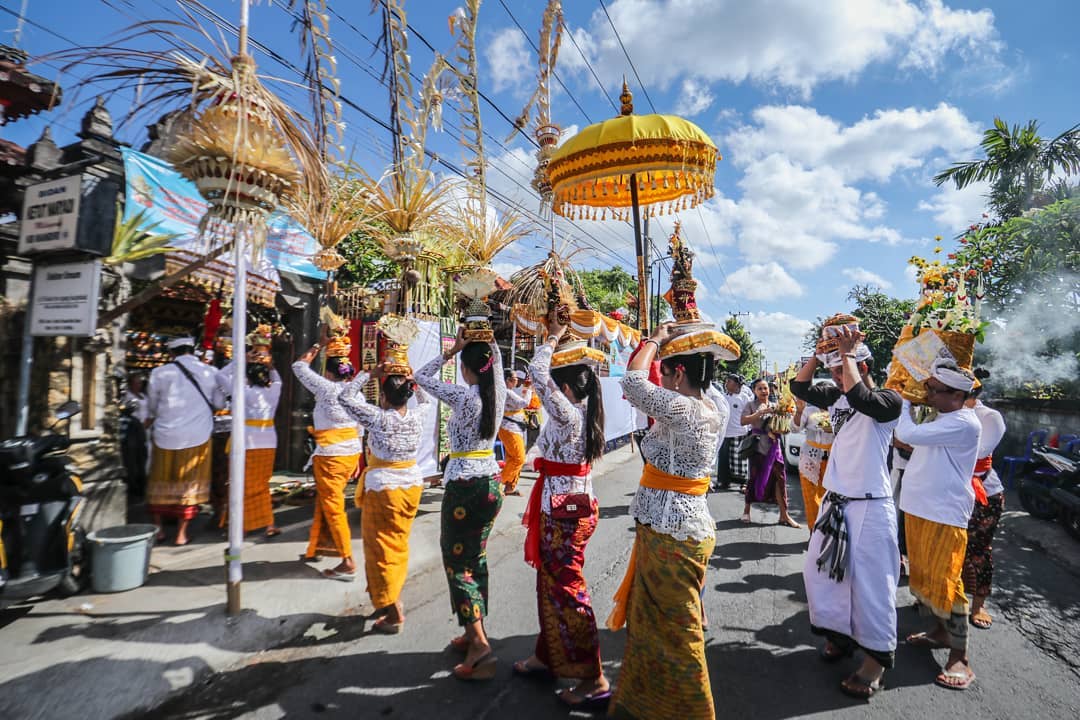
Galungan is a significant Hindu festival celebrated with great zeal and fervour across the island of Bali, Indonesia. This auspicious occasion commemorates the victory of dharma (good) over adharma (evil) and marks the time when Balinese Hindus believe that ancestral spirits visit the Earth. Lasting for ten days, Galungan sees Balinese families adorned in traditional attire, offering elaborate prayers, and decorating their homes and temples with penjor (decorative bamboo poles) and offerings known as gebogan.
Central to the festivities is the Galungan Day itself, when families come together to worship at temples, share festive meals, and partake in traditional dances and music. Galungan is not only a time for spiritual reflection and communal bonding but also a must-see Indonesian festival that offers Bali’s rich cultural heritage and unwavering devotion to its Hindu traditions.
The Grebeg Sudiro Festival, Solo ( January 27 – February 22 )
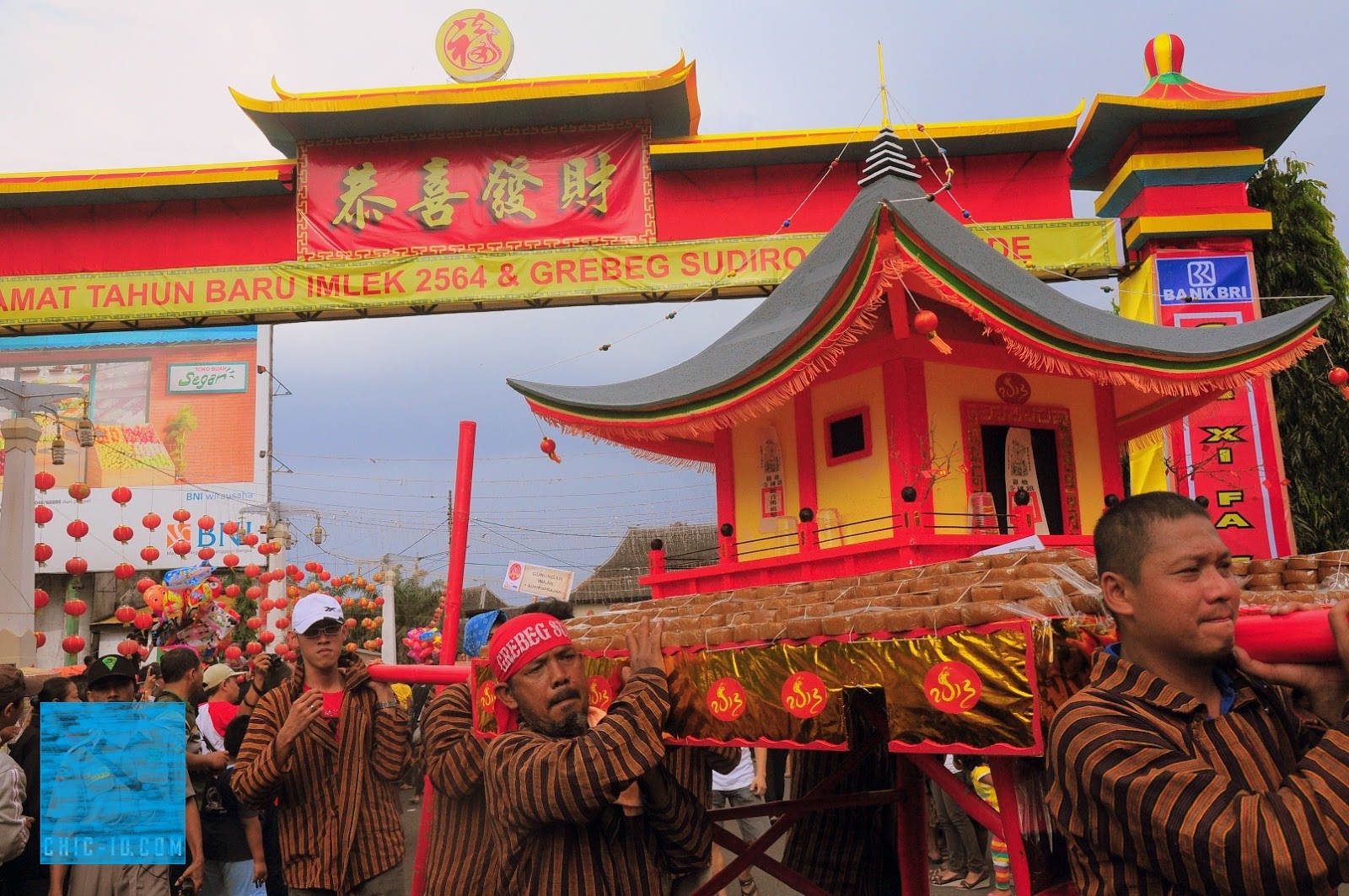
The Grebeg Sudiro festival is celebrated in Solo, Indonesia, is a local culture festival of Indonesia that showcases the city’s rich Java heritage and traditions parade. Held annually to mark the Islamic New Year, this important festival celebration blends elements of Javanese mysticism, Islamic rituals, and artistic performances. The highlight of Grebeg Sudiro is the procession of towering gunungan, towering colourful structures made of rice, fruits, and other offerings, carried through the streets by devotees.
These symbolic displays symbolize abundance, prosperity, and unity within the community. The festival takes place features mesmerizing traditional dances, music performances, and cultural exhibitions, offering visitors a glimpse into the depth and beauty of Javanese culture. Grebeg Sudiro serves as a celebration in Indonesia and a reminder of Solo’s cultural legacy and its enduring commitment to preserving its heritage for generations to come.
Bau Nyale Fishing Festival, Lombok ( February 29 – March 1 )
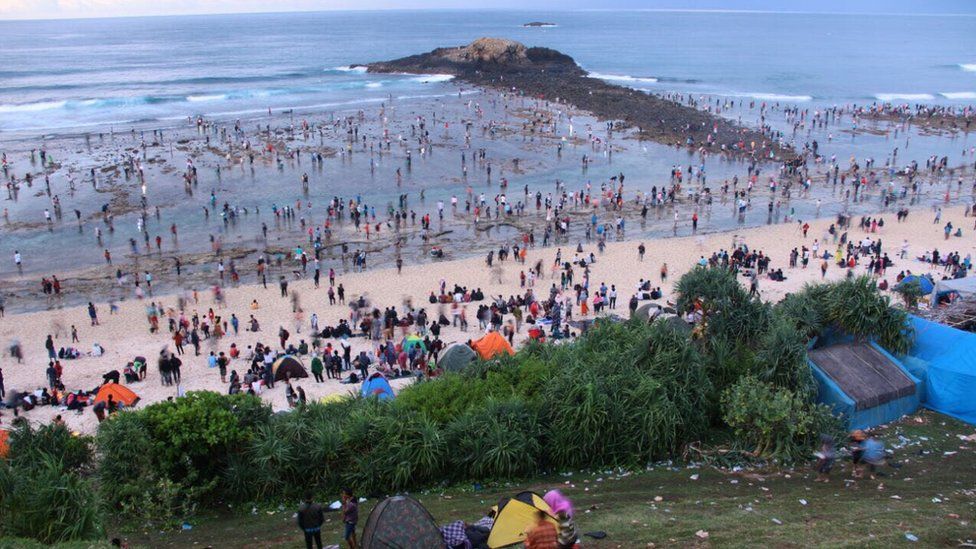
This annual spectacle sees locals and visitors alike converge on the southern beaches, eagerly awaiting the mystical appearance of “Nyale,” bioluminescent sea worms believed to be the reincarnation of Princess Mandalika. As legend tells, her self-sacrifice brought peace to warring kingdoms, and the Nyale’s emergence symbolizes prosperity and good fortune. With lanterns illuminating the shores, a collective gasp rises as the shimmering worms erupt from the waves.
Nets are cast, hands dive, and joyous shouts fill the air as everyone scrambles to collect these precious tokens. Beyond the harvest, the festival pulsates with cultural events, traditional music and dance, and a shared spirit of community and renewal. It’s a mesmerizing experience where myth and reality intertwine, leaving an indelible mark on every participant.
Cap Go Meh Cultural Festival, Singkawang ( February 10 – 24 )
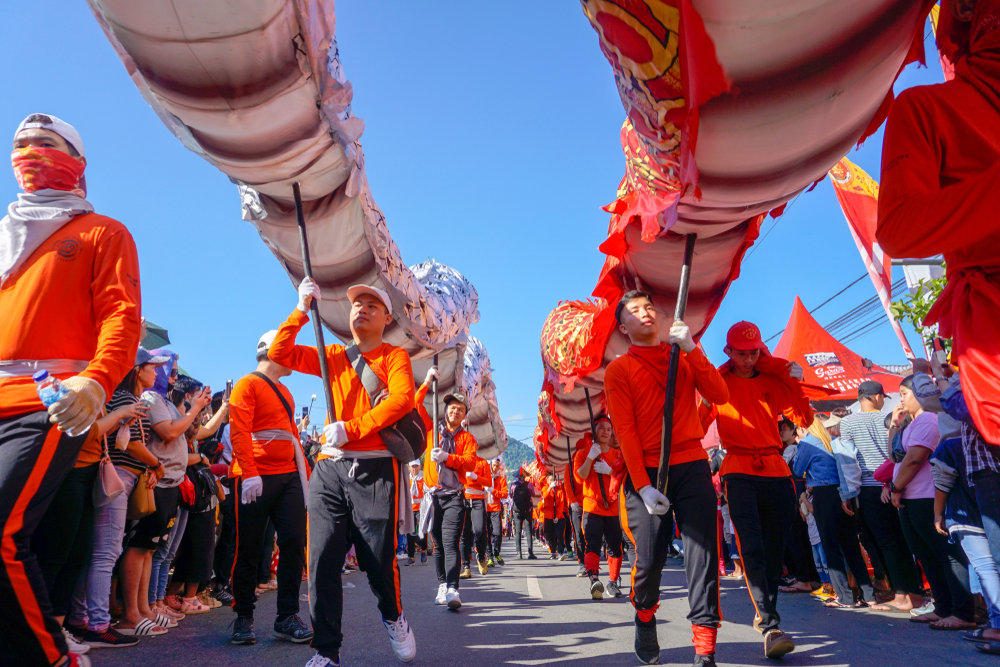
In Singkawang, where Chinese and Dayak cultures converge, Cap Go Meh explodes in a dance of traditions and festivals throughout the year. Unlike other celebrations, the “Feast of Lanterns” transcends the usual dazzling displays here. The streets pulsate with the electrifying energy of the Tatung parade, where participants believed to be possessed by spirits perform feats of resilience, their bodies pierced by swords yet seemingly immune to pain. This ritual signifies purification and wards off misfortune. Days before, the Tolak Bala ritual sees Tatung cleansing the town, creating a mystical atmosphere. Yet, Cap Go Meh isn’t just about spectacle.
Traditional and modern lanterns bathe the city in a warm glow, symbolizing prosperity and hope. Cultural dances, local delicacies, and the infectious joy of the crowds all weave together, creating an unforgettable tapestry of heritage and celebration. This is Cap Go Meh in Singkawang, where ancient rituals meet modern marvels, and every corner pulsates with the heartbeat of a truly unique cultural experience. Another dance festivals you might want to try is Baliem Valley festival in the month of August.
Traditional Festivals in Indonesia is a Tradition and Heritage Legacy
In February 2024, Indonesia’s rich cultural tapestry came alive through its cultural performance festivals, offering a glimpse into its diverse traditions and spiritual heritage. From the exhilarating Pasola Festival in Sumba, where horseback jousting symbolizes the harvest season, to the enchanting Galungan celebrations in Bali, honouring the victory of good over evil, and the mystical Grebeg Sudiro in Solo, highlighting Javanese mysticism, each festival captured the essence of Indonesia’s cultural mosaic.
The mesmerizing Bau Nyale Festival in Lombok also illuminated the island’s folklore and deep connection to the sea. As these festivals unfolded, they provided entertainment and fostered community bonds, spiritual reflection, and a renewed appreciation for Indonesia’s enduring cultural legacy. In February 2024, these must-see cultural festivals painted a colourful portrait of Indonesia’s cultural diversity and spiritual richness, inviting visitors to partake in an unforgettable journey through the heart and soul of the ethnic groups in Indonesia.



